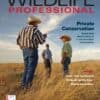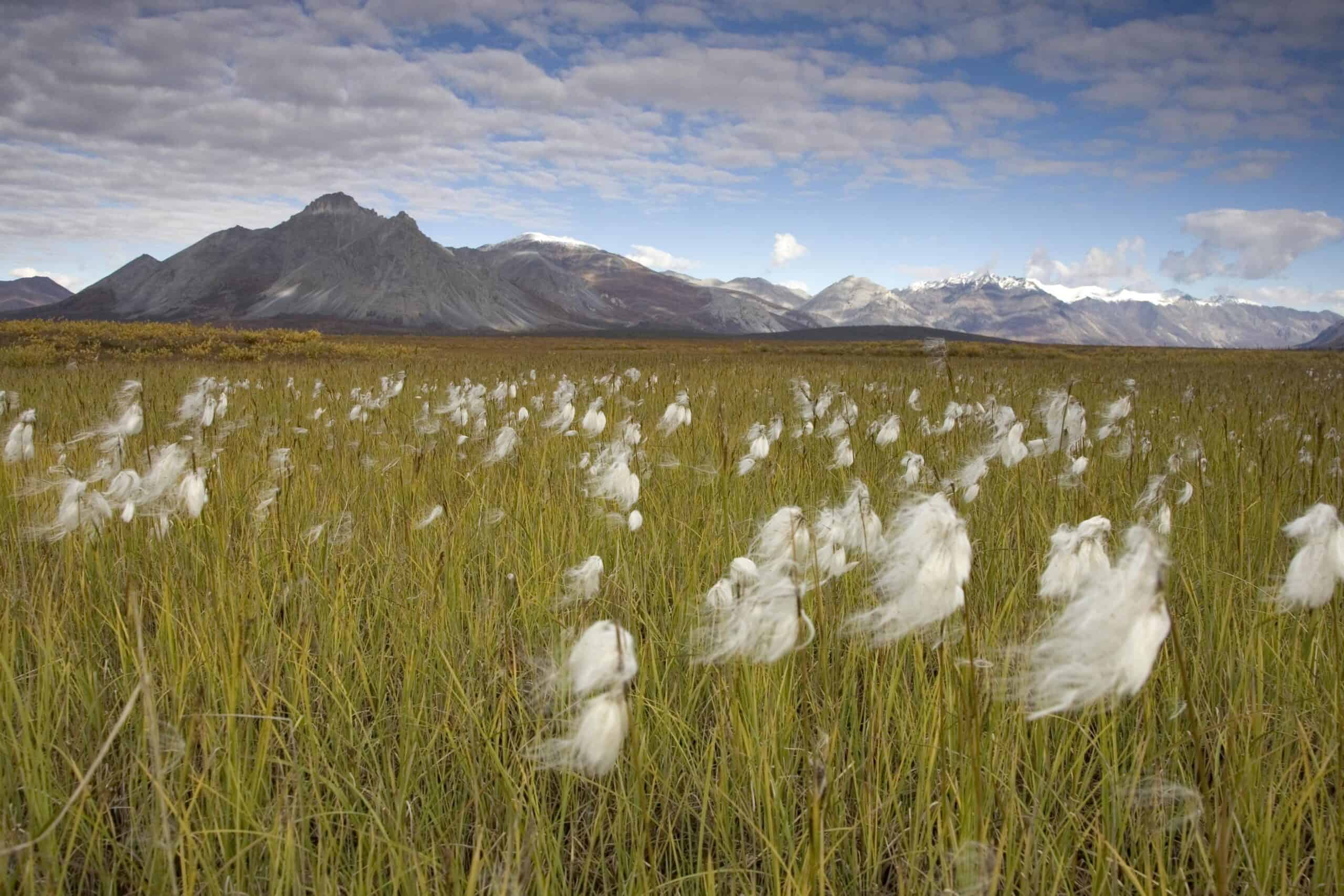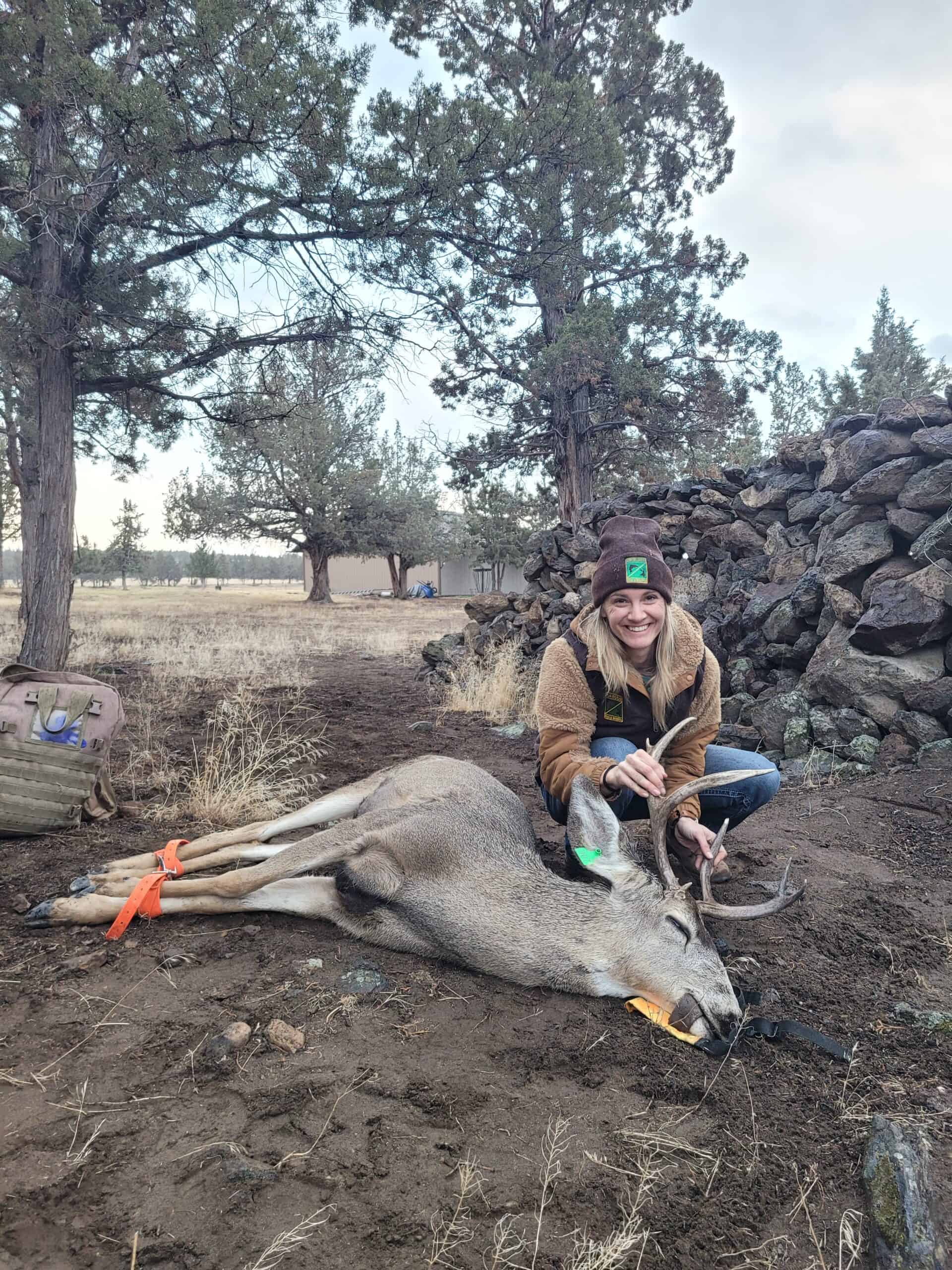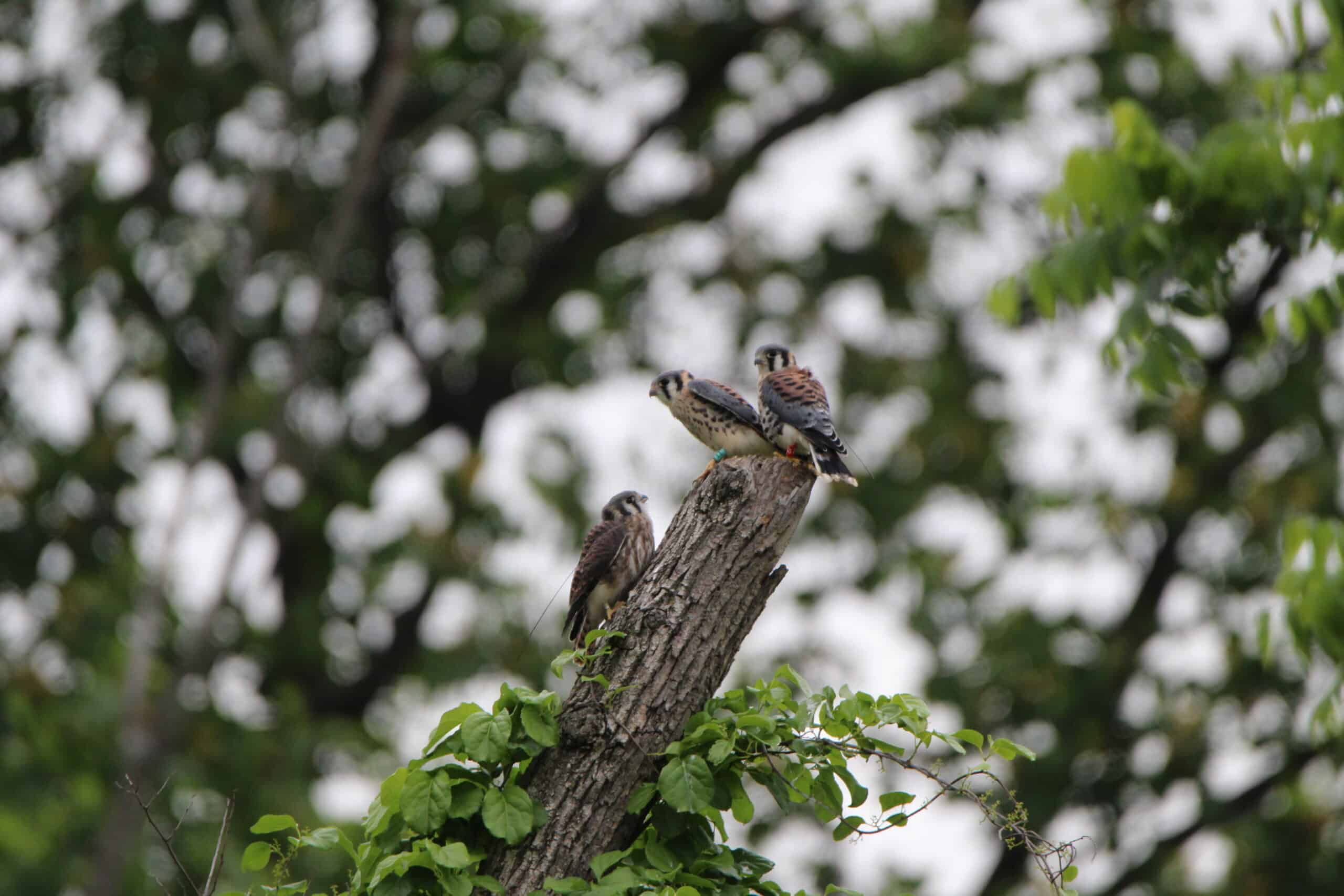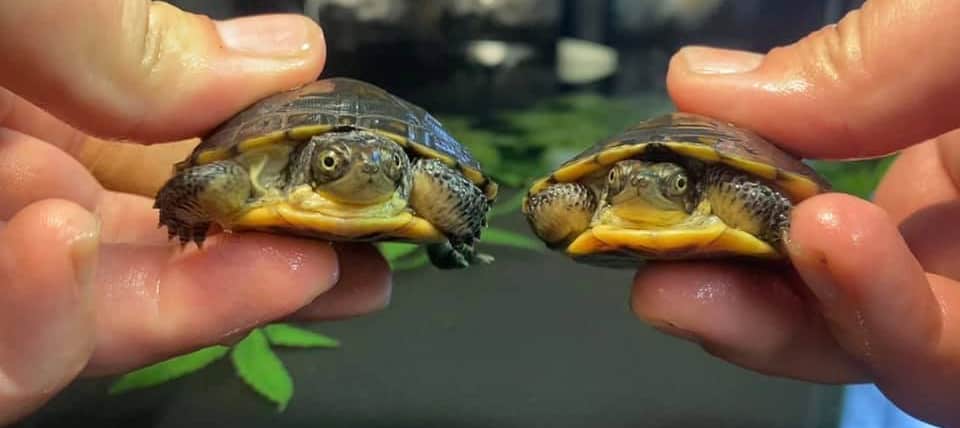
After pipeline work, Blanding’s turtles released in Michigan
When a new natural gas pipeline was being built north of Detroit in 2020, wildlife workers moved affected reptiles and amphibians and their eggs out of the way — particularly...
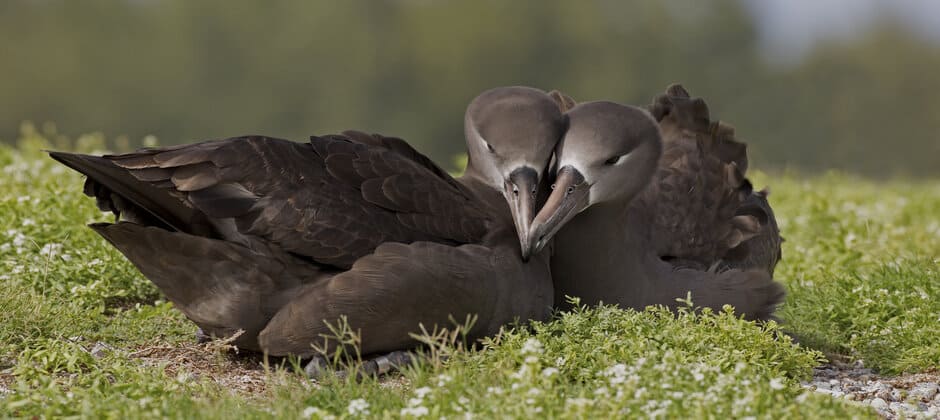
USFWS releases Birds of Conservation Concern 2021 report
The U.S. Fish and Wildlife Service has released the Birds of Conservation Concern 2021 report, which lists 269 bird species that the agency has identified as in need of conservation...
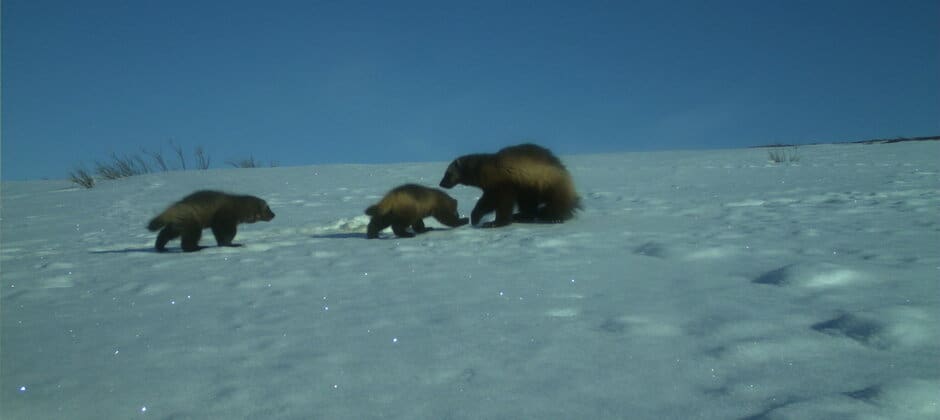
Wolverines den in caves formed in permafrost
Wolverines use deep fissures in the Arctic permafrost as dens, photos have revealed. “After we found three of them, it seemed like enough of a pattern to start sharing it,”...
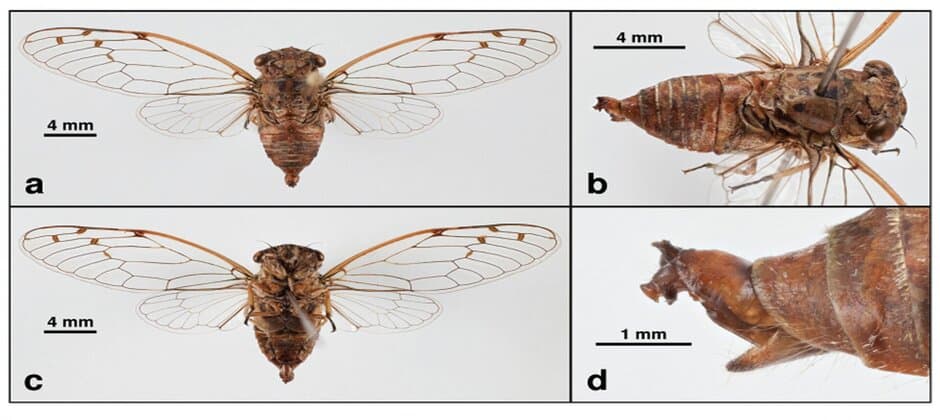
Researcher captive rears unknown cicada species in her potted plant
The serendipitous appearance of a cicada exoskeleton on a potted porch plant isn’t the typical cause for excitement for most people. But for Annette Aiello, a staff entomologist at the...
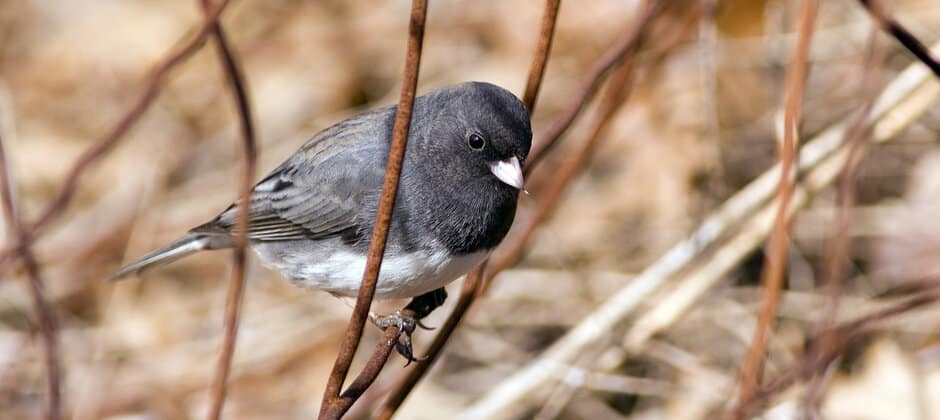
Here’s what’s happening in the North Central Section: Part 2
Below is a summary of recent student chapter activities within the North Central Section of The Wildlife Society, which was included in the section’s Spring 2021 newsletter. The newsletter includes...

TWS member Steve Berendzen named outstanding refuge manager
TWS member Steve Berendzen, refuge manager at the Arctic National Wildlife Refuge Complex in Alaska, received the 2021 outstanding refuge manager award from the National Wildlife Refuge Association. The award...

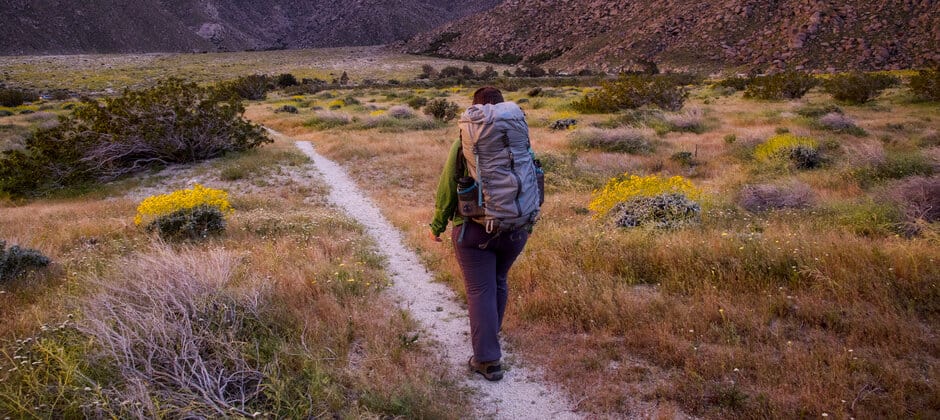
TWS approves Diversity, Equity and Inclusion Vision document
This month, The Wildlife Society Council approved a Diversity, Equity and Inclusion (DEI) Vision document to help shape and guide TWS operations now and into the future. This is an...
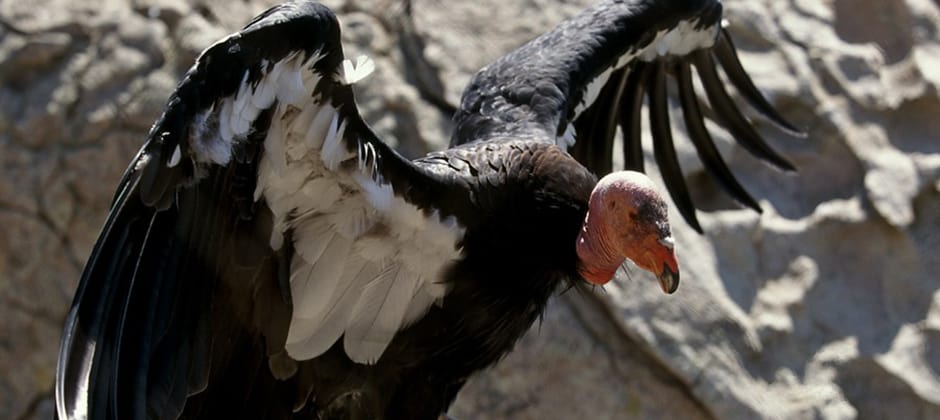
Recovering wild condors maintain high genetic diversity
As wildlife biologists help return California condors to the wild, researchers found the recovering population has surprisingly high genetic diversity, which offers some good news for a species that has...
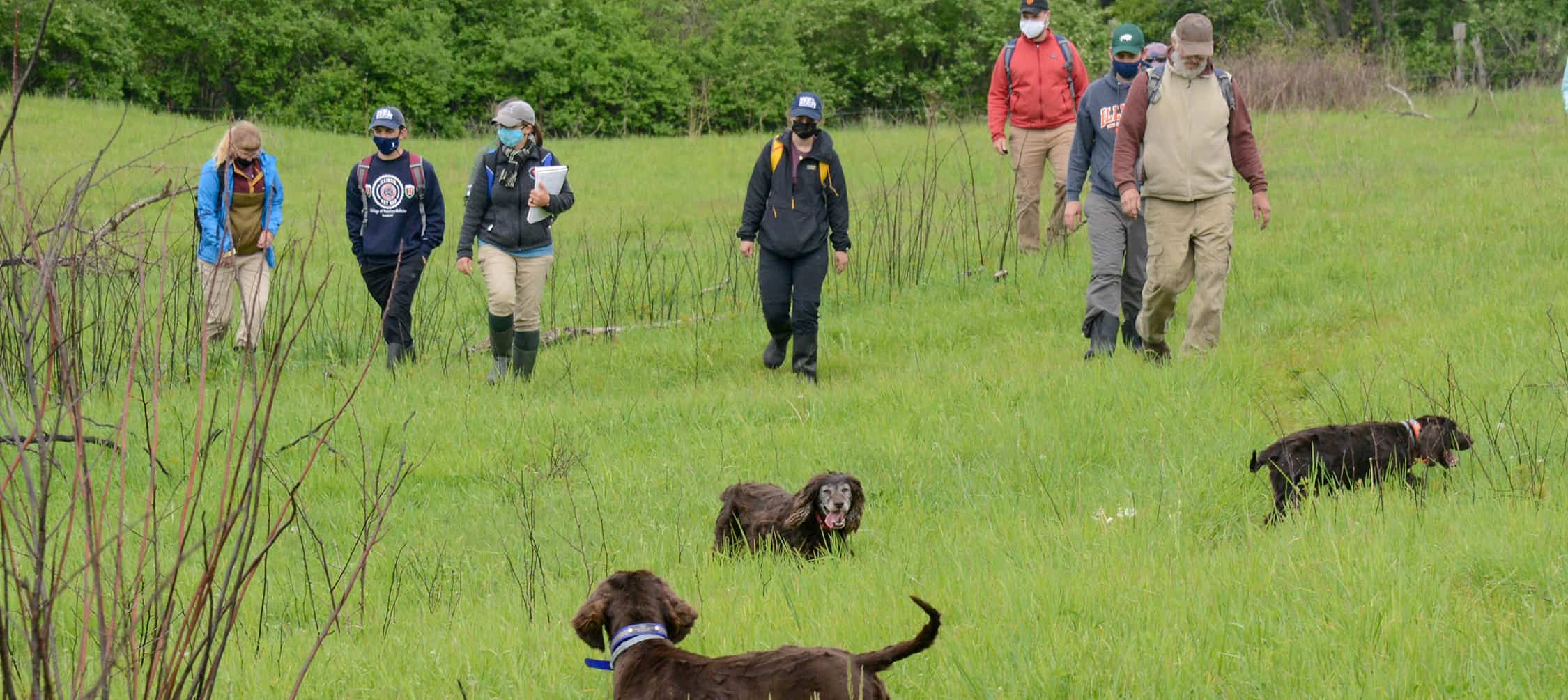
Watch: Dogs travel the country to sniff out box turtles
Box turtles can be hard to spot in the wild, but not for a group of specially trained spaniels. John Rucker travels across the country with his Boykin spaniels to...


